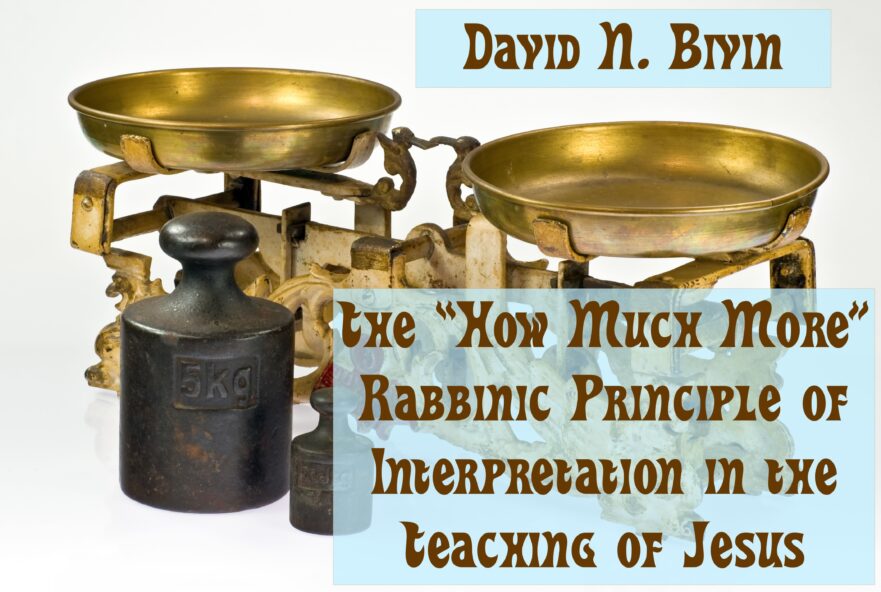The use of simple-to-complex reasoning (kal vahomer in Hebrew) is as frequent in the teaching of Jesus as in the teaching of the sages.
Jesus and the Oral Torah: Did Jesus Wear Phylacteries?

The Gospels attest to the fact that Jesus had tassels on the four corners of his outer robe (Matt. 9:20; 14:36; Mark 6:56; Luke 8:44). Although there is no explicit evidence in the Gospels, we have reason to suggest that he also may have worn phylacteries.
The Queen of Teman

Why didn’t Jesus say “Queen of Sheba,” which is found in the Bible, instead of “Queen of the South”?
Jesus and the Oral Torah: The Hem of His Garment
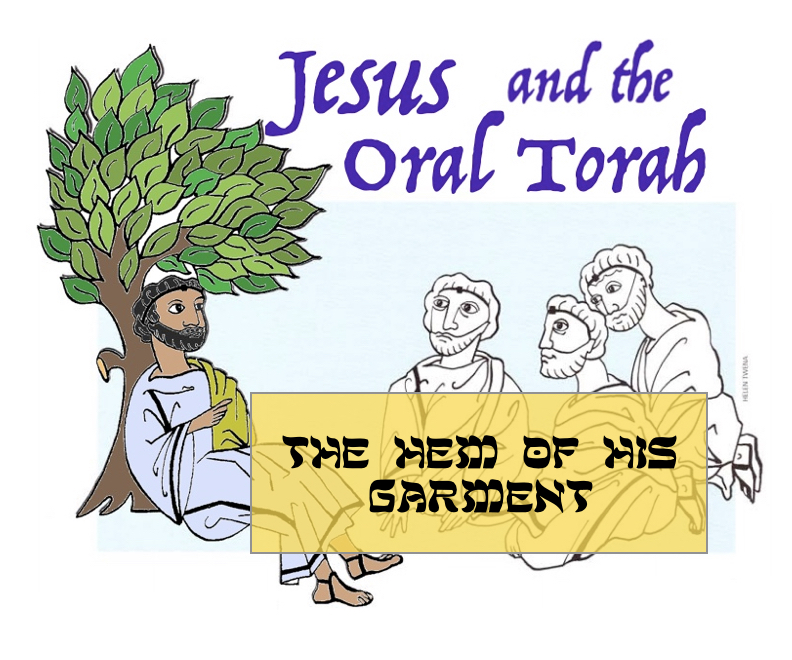
The New Testament makes it clear that Jesus, like all observant Jews of the first century, wore tsitsiyot. These are the tassels that were attached to the four corners of one’s robe as commanded in Numbers 15 and Deuteronomy 22. Jesus’ observance of this commandment is dramatically illustrated by the story of the woman who suffered from a hemorrhage for twelve years.
Jesus and the Oral Torah: Tithing
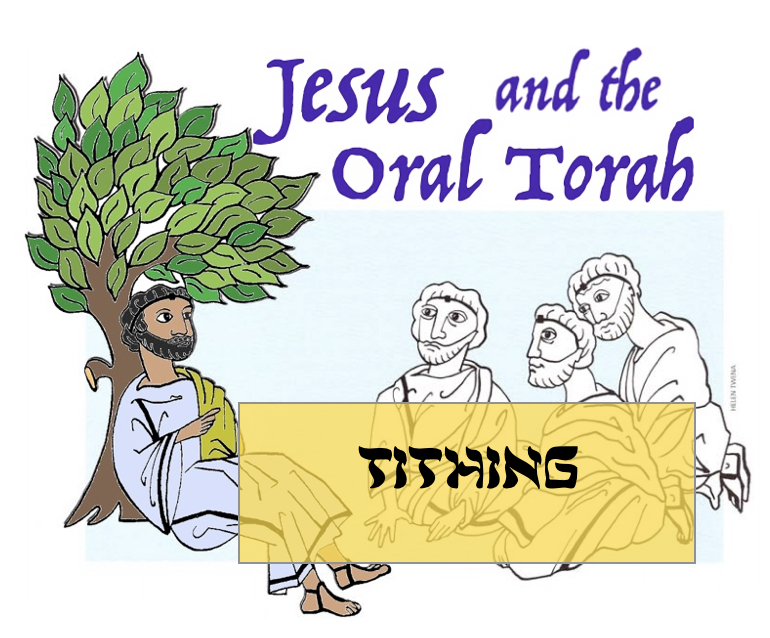
Did Jesus observe the commandment to tithe as it was interpreted in the Oral Torah?
Jesus and the Oral Torah: The Unutterable Name of God
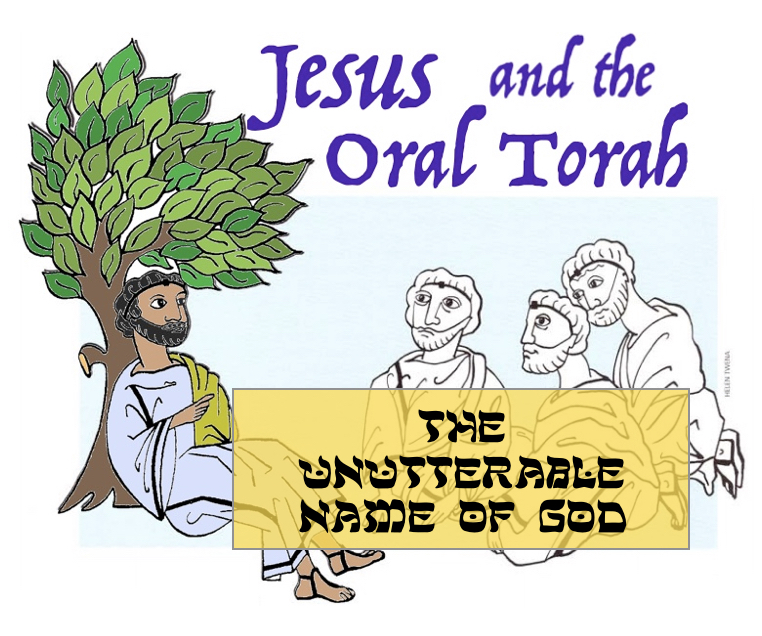
To avoid the risk of employing the divine name irreverently, the sages ruled that one should not utter it at all.
Jesus and the Oral Torah: Blessing
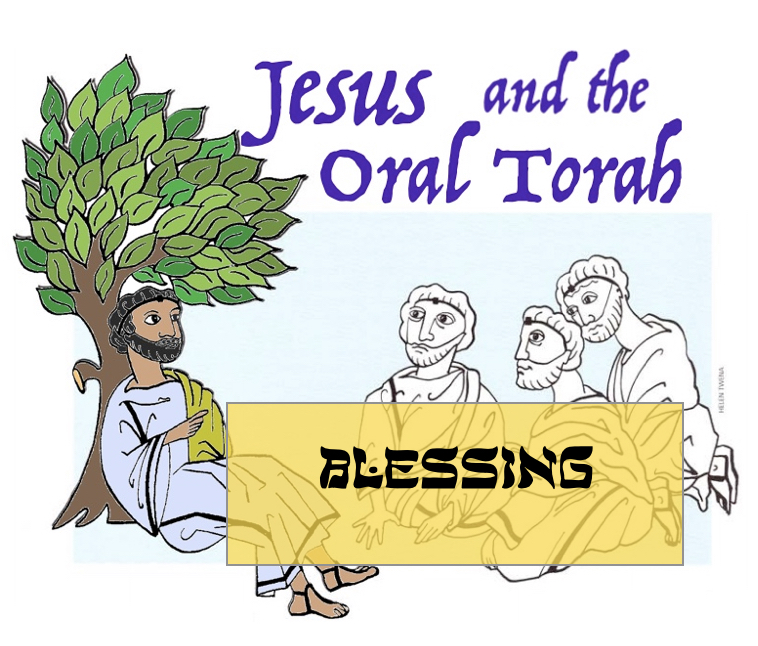
There is evidence that Jesus adhered to the rulings of the Oral Torah in his use of various blessings.
Jesus’ Use of “Amen”: Introduction or Response?
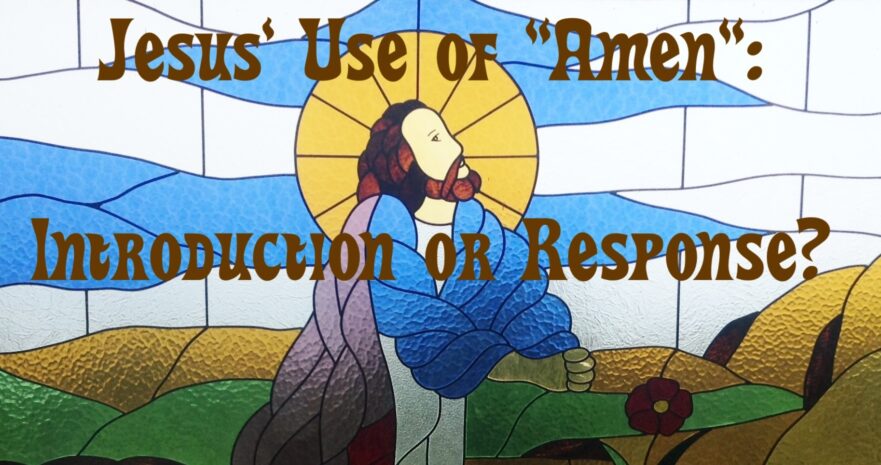
It is not surprising to find the word “amen” attributed to Jesus in the Gospels. What is unusual is to find “amen” used as the beginning of a statement rather than as a response.
Jesus and the Oral Torah: Written and Oral Torah
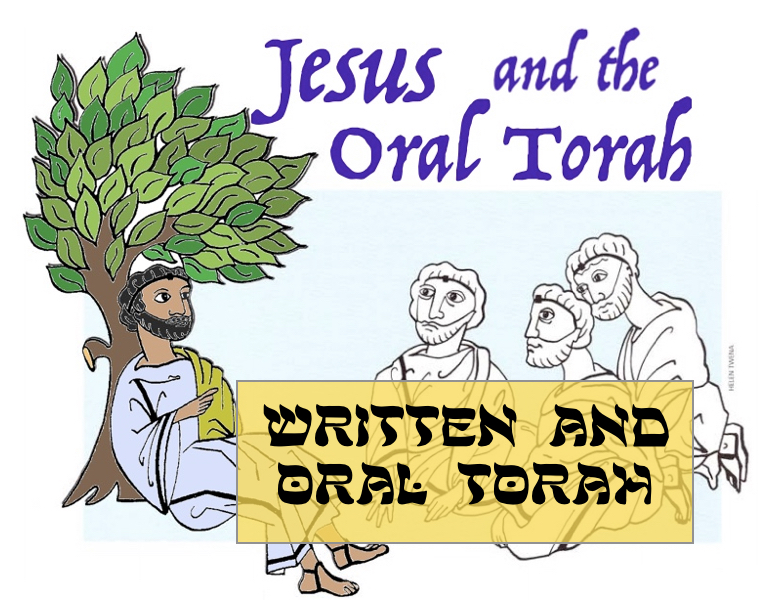
The Torah was given by God as a guideline for a whole way of life.
“Prophet” as a Messianic Title

There can be little doubt that Jesus viewed himself as a prophet, and that many of his contemporaries concurred.
Hebrew Nuggets, Lesson 1: Jesus’ Hebrew Name (Part 1)
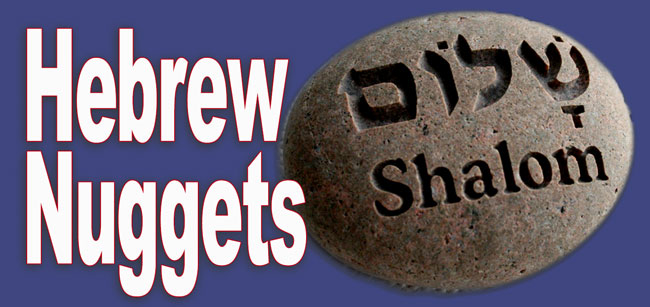
In my view, Hebrew is the key to understanding the Jewish background to Jesus’ words. Jerusalem Perspective, therefore, features a serialized Hebrew course for beginners. Each issue will include a bite-sized Hebrew lesson.
Was Jesus a Confirmed Bachelor?

Jesus still relatively young when he was crucified. His death may have come before he had a chance to marry.

